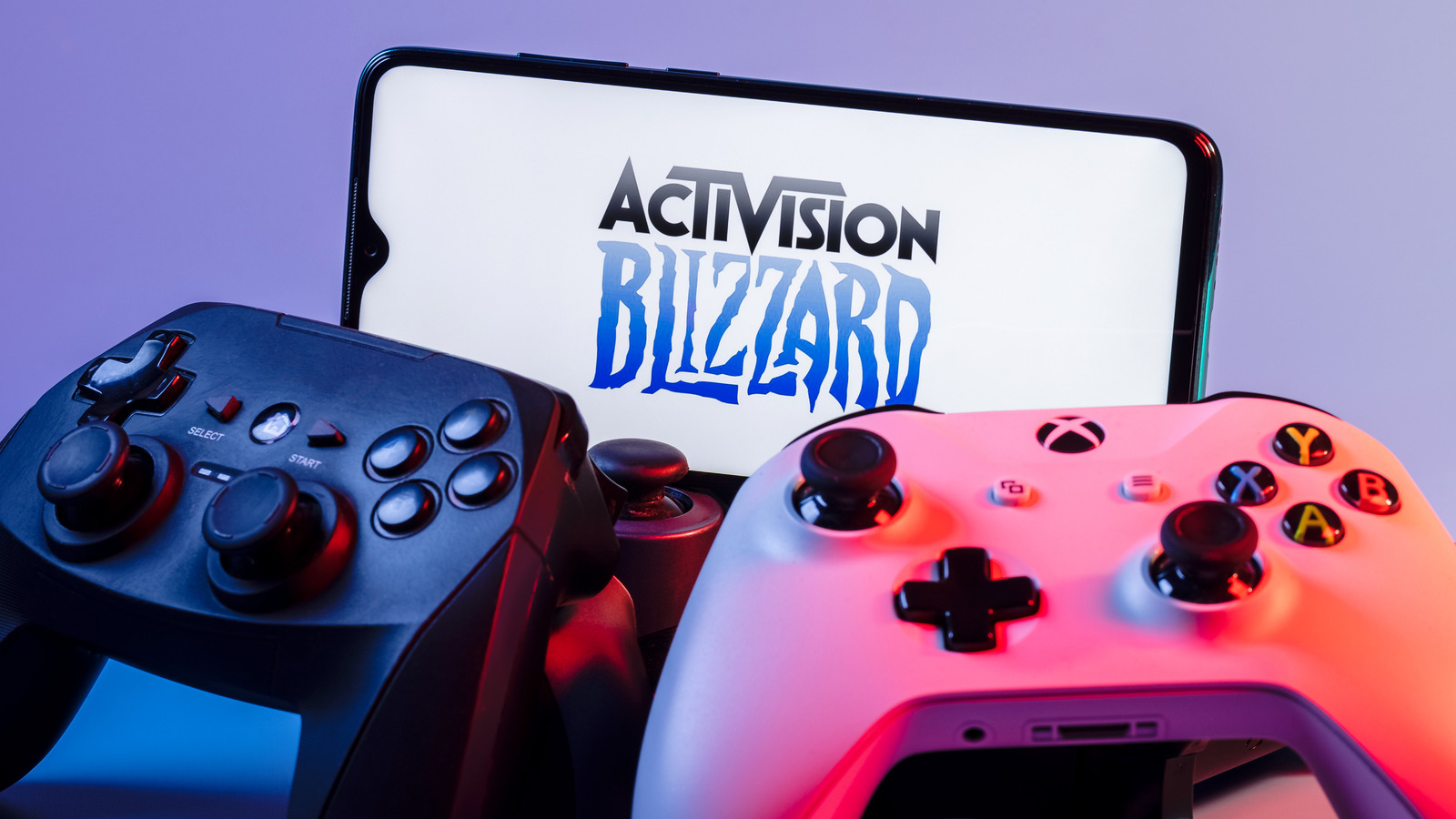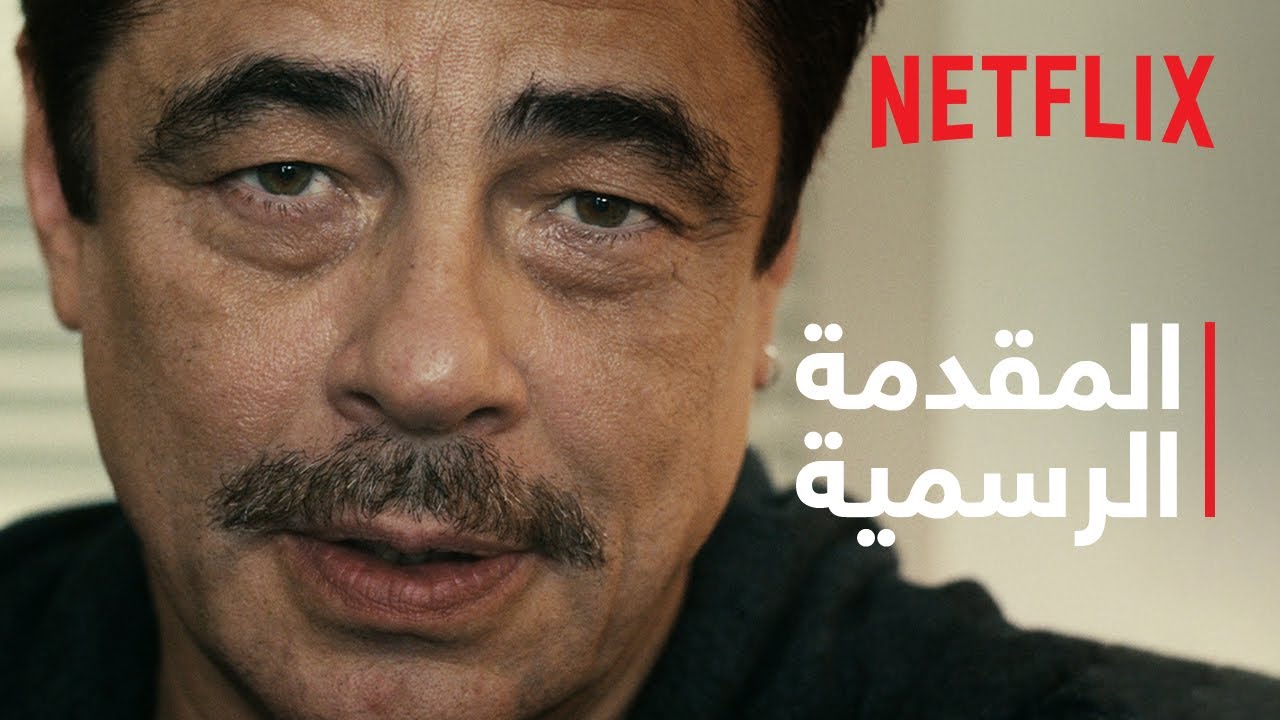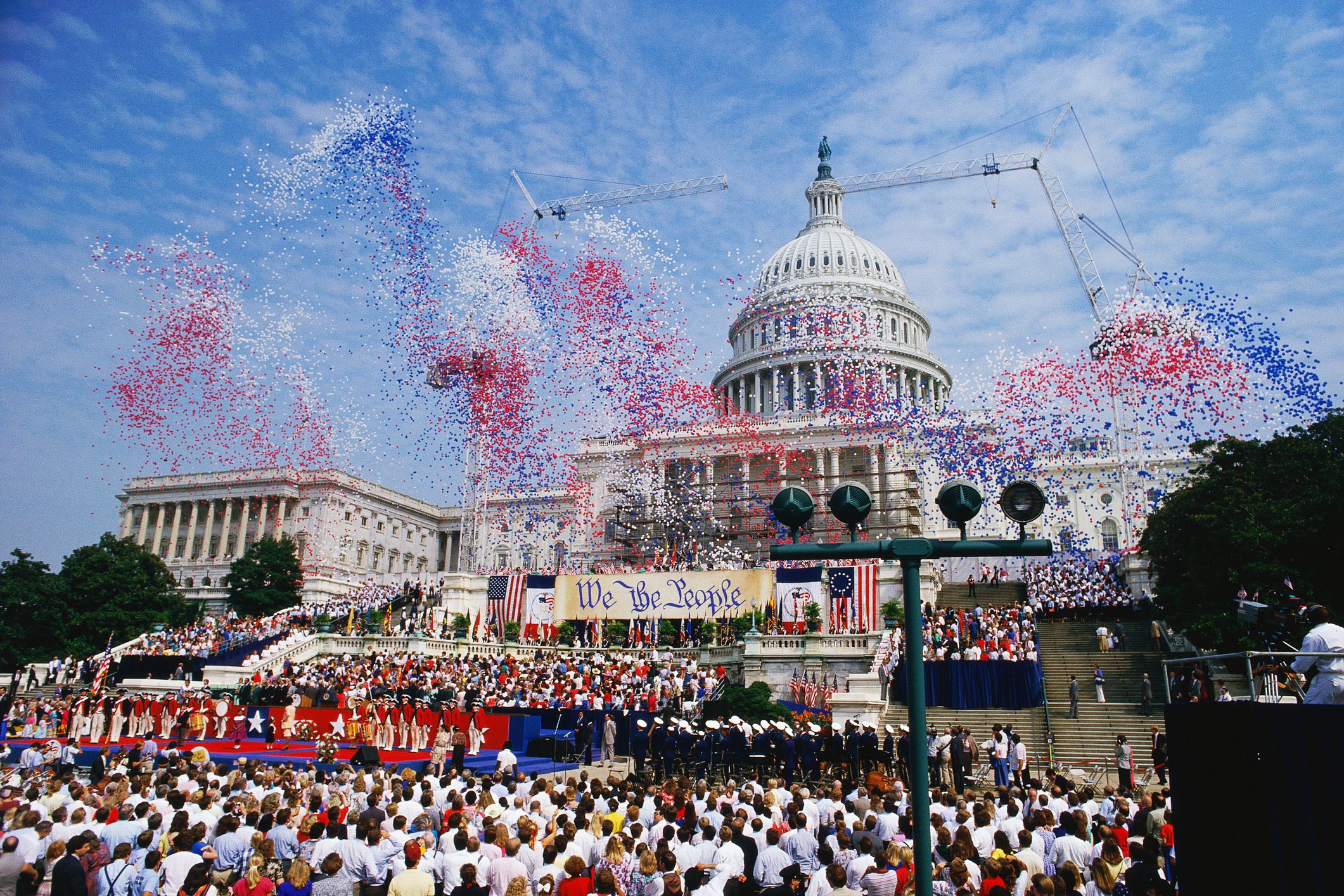FTC's Appeal: Will The Microsoft-Activision Deal Still Happen?

Table of Contents
The FTC's Arguments Against the Merger
The FTC's opposition to the Microsoft-Activision deal stems from concerns about its potential impact on competition within the gaming market.
Concerns about Competition in the Gaming Market
The FTC argues that the merger would significantly reduce competition, giving Microsoft an unfair advantage across various sectors of the gaming industry.
-
Loss of competition in the console market (Xbox vs. PlayStation): The FTC fears that Microsoft could leverage its ownership of Activision Blizzard to stifle competition from Sony's PlayStation, potentially making Xbox the dominant console platform. This could lead to higher prices and less innovation for consumers. The acquisition of such a large and influential game publisher presents a significant threat to the competitive landscape.
-
Reduced choice for gamers regarding subscription services (Game Pass): Microsoft's Game Pass subscription service could become even more dominant, potentially forcing gamers to subscribe to access popular Activision Blizzard titles. This lack of choice could negatively impact consumers.
-
Potential for anti-competitive practices concerning game exclusivity: The FTC worries that Microsoft could make key Activision Blizzard titles exclusive to Xbox consoles and its Game Pass service, limiting access for PlayStation players and other platforms, and thus limiting choice for gamers. This move could severely impact the competitive landscape and consumer choice, favoring Microsoft's platform over other established players in the industry.
Impact on Game Developers and Consumers
Beyond the immediate impact on established players, the FTC argues that the merger could negatively affect independent game developers and ultimately hurt gamers.
-
Higher prices for games: Reduced competition could lead to higher prices for Activision Blizzard games and potentially other titles.
-
Less innovation due to reduced competition: A less competitive market may stifle innovation as Microsoft would have less incentive to push boundaries.
-
Limited access to certain games on other platforms: The possibility of Activision Blizzard titles becoming Xbox exclusives could limit gamers' choices based on their preferred gaming platform. This could be detrimental to the overall gaming experience and potentially reduce the availability of certain games entirely for players who do not utilize Xbox.
Microsoft's Defense and Proposed Remedies
Microsoft strongly refutes the FTC's claims, arguing that the merger will actually increase competition, particularly in the cloud gaming market.
Microsoft's Rebuttals to the FTC's Claims
Microsoft has actively defended its acquisition, emphasizing its commitment to fair competition and consumer benefit.
-
Claims of increased competition in the cloud gaming market: Microsoft argues that the merger will boost competition in the rapidly growing cloud gaming sector, benefiting consumers with more choices and innovation.
-
Promises to continue supporting games on other platforms: Microsoft has pledged to continue releasing Activision Blizzard games on PlayStation and other platforms, aiming to alleviate FTC concerns about exclusivity. This is a key point in their defense, highlighting their commitment to maintaining a competitive and open market.
-
Arguments against the FTC's market definition: Microsoft disputes the FTC's definition of the relevant gaming market, arguing that it's too narrow and doesn't reflect the broader competitive landscape.
Proposed Concessions and Agreements
To further address the FTC's concerns, Microsoft has offered several concessions.
-
Potential licensing agreements with competitors: Microsoft has proposed licensing agreements to ensure Activision Blizzard games remain available on competing platforms.
-
Commitment to maintain Call of Duty availability on PlayStation: A major point of contention has been the future of Call of Duty on PlayStation. Microsoft has repeatedly committed to keeping the franchise available on PlayStation for years to come, attempting to mitigate concerns about exclusivity.
-
Other proposed solutions to mitigate antitrust concerns: Microsoft has also suggested other measures to address the FTC's antitrust concerns, demonstrating a willingness to negotiate and find a mutually acceptable solution.
The Appeal Process and Potential Outcomes
The FTC's appeal is a complex legal process with potentially far-reaching consequences.
Understanding the Legal Process
The appeal process involves a detailed review of the FTC's initial decision, legal arguments presented by both sides, and careful consideration of evidence. The timeline for this process can vary and is subject to legal procedures.
Potential Scenarios
Several scenarios could unfold:
-
Deal is blocked permanently: If the FTC wins the appeal, the Microsoft-Activision deal could be blocked permanently, significantly impacting both companies and the gaming landscape.
-
Deal is approved with conditions: A compromise might involve the deal being approved subject to certain conditions, such as specific licensing agreements or behavioral commitments from Microsoft.
-
Deal is approved without conditions: A victory for Microsoft could result in the deal being approved without any conditions, allowing the merger to proceed as planned. This would be a significant win for Microsoft and Activision Blizzard.
Conclusion: The Future of the Microsoft-Activision Deal – What to Expect
The Microsoft-Activision deal remains a highly significant event with far-reaching implications for the gaming industry. The FTC's appeal represents a critical juncture, showcasing the complex interplay between technological innovation, business acquisitions, and regulatory oversight. The key arguments against the merger center on concerns about reduced competition and potential anti-competitive practices. Conversely, Microsoft defends the merger, emphasizing its benefits for the industry and consumers, offering various concessions to address the FTC's concerns. The outcome of the appeal will determine the future of this landmark acquisition and significantly influence future mergers and acquisitions in the gaming sector. Stay tuned for updates on the Microsoft-Activision deal and its implications for the future of the gaming industry. Follow us for the latest news on this landmark Activision Blizzard merger, the FTC antitrust lawsuit, and Microsoft's gaming strategy.

Featured Posts
-
 Jacob Alons New Track August Moon Released
May 30, 2025
Jacob Alons New Track August Moon Released
May 30, 2025 -
 Tiga Jet Ski Premium Kawasaki Resmi Diluncurkan Kemewahan Di Atas Air
May 30, 2025
Tiga Jet Ski Premium Kawasaki Resmi Diluncurkan Kemewahan Di Atas Air
May 30, 2025 -
 Antsar Tarykhy Dyl Twrw Yktb Altarykh Llmksyk Fy Jyrw Iytalya
May 30, 2025
Antsar Tarykhy Dyl Twrw Yktb Altarykh Llmksyk Fy Jyrw Iytalya
May 30, 2025 -
 Tileoptiko Programma M Savvatoy 19 4 Kanalia And Ores
May 30, 2025
Tileoptiko Programma M Savvatoy 19 4 Kanalia And Ores
May 30, 2025 -
 Energy Price Increases Predicted Experts React To New Us Policy
May 30, 2025
Energy Price Increases Predicted Experts React To New Us Policy
May 30, 2025
Latest Posts
-
 Report Details High Fentanyl Levels In Princes System March 26th
May 31, 2025
Report Details High Fentanyl Levels In Princes System March 26th
May 31, 2025 -
 Discover 48 Events In Washington D C This May Pride Concerts And Exhibits
May 31, 2025
Discover 48 Events In Washington D C This May Pride Concerts And Exhibits
May 31, 2025 -
 Baltimore History The Collapse Of The Francis Scott Key Bridge On March 26th
May 31, 2025
Baltimore History The Collapse Of The Francis Scott Key Bridge On March 26th
May 31, 2025 -
 Exploring Local History Through Kpc News Archives
May 31, 2025
Exploring Local History Through Kpc News Archives
May 31, 2025 -
 Princes Passing March 26th And The Impact Of Fentanyl
May 31, 2025
Princes Passing March 26th And The Impact Of Fentanyl
May 31, 2025
